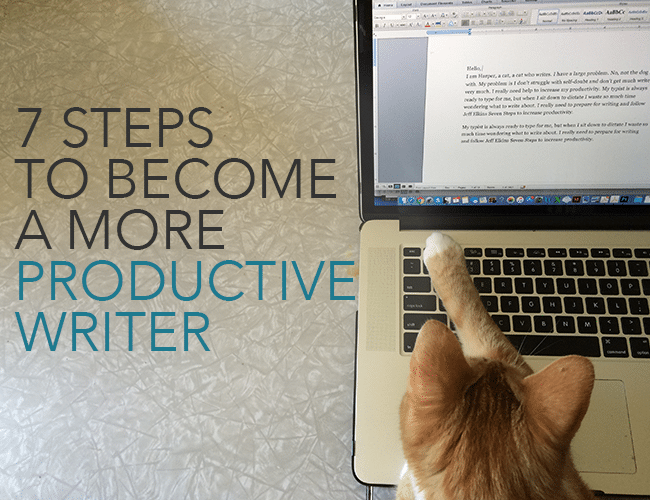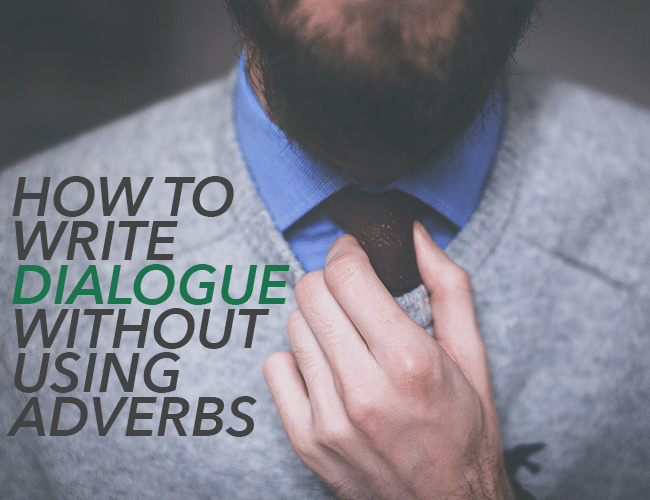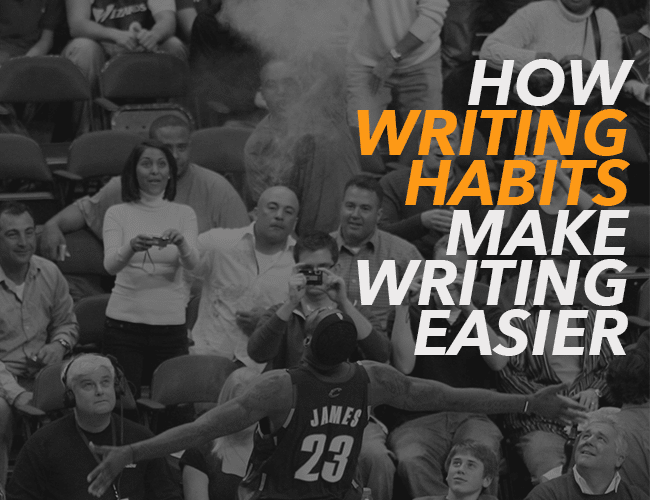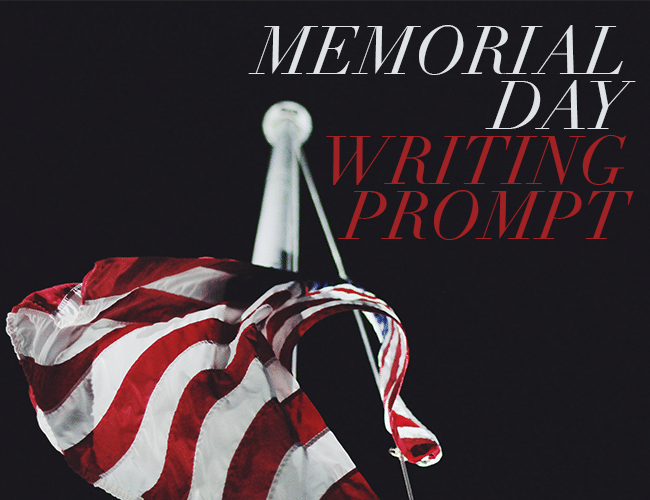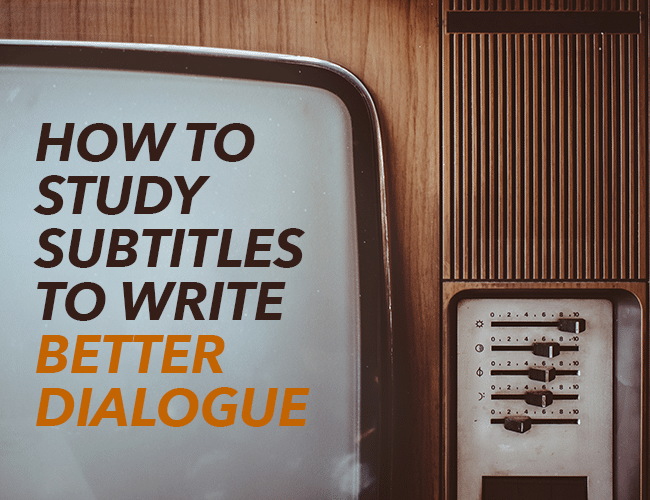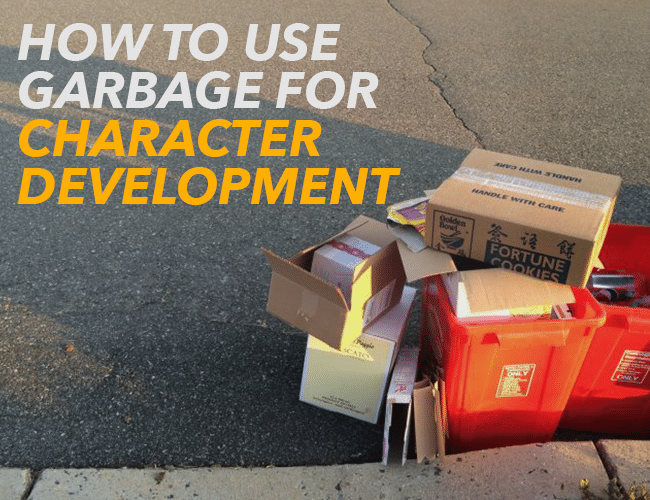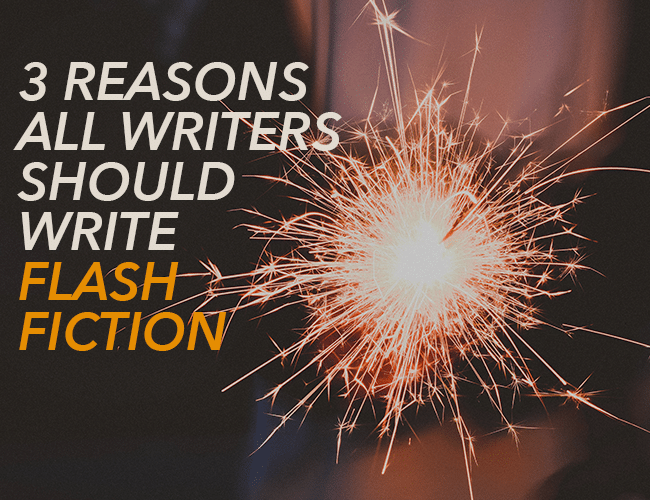The Write Practice exists to help writers improve their craft through deliberate practice. Through doing this, we get to meet new aspiring writers who are growing in their craft and encouraging and inspiring others. This week we wanted to share with you some fun, inspirational writing quotes from our new friend Kathy Jeffords.

